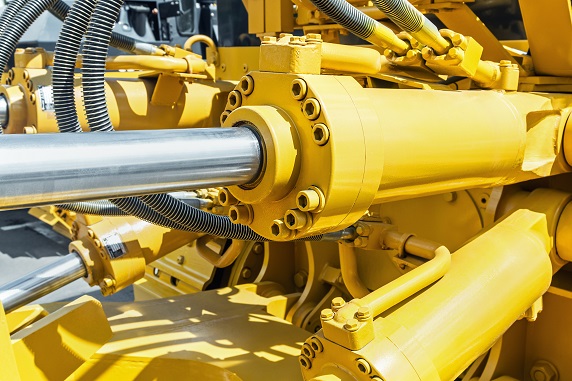In this article we selected a video that shows in 3D how the particles of dirt, water and wear metals negatively influence the performance of the equipment resulting in functional failures, loss of power and high oil temperature.
Wear metals: chow to prevent damage to the hydraulic system
The improvement of machines that operate under severe conditions has resulted in the need for a permanent improvement in the cleaning of the fluids that circulate the system.
However, in addition to the external contamination of the oil (moisture, and dirt), the particles generated inside the system (wear mental) also cause severe damage to the equipment.
To avoid damage with wear metals it is important to invest in predictive maintenance actions to ensure the integrity of the system leaving the oil clean and in conditions of use for a longer time.
Wear metals: two techniques to protect your equipment:
Fluid Analysis
In predictive maintenance, the physical and chemical properties of the oil are studied to determine the appropriate time to replace it, in addition, the wear of the hydraulic system is monitored through the levels of metals in the oil. In this way, the determination of wear metals in used hydraulic oils is very useful for preventing failure components, identifying specific tampering and controlling the overall quality of the system.
Microfiltration
To avoid failure and premature wear and tear on machines and equipment, we recommend microfiltration in hydraulic oil. In this technique, the oil passes through a set of filters until the contamination particles are eliminated.
Microfiltration of oil can increase the efficiency of the hydraulic system by 20%, avoiding failures in pumps and valves, loss of efficiency due to internal leaks, premature wear.
In addition to hydraulic oils, the microfiltration technique can also be applied to other fluids such as diesel oil and lubricants.
Make a quote
Talk to our team of experts we are ready to help you and your maintenance team to ensure greater efficiency and savings in your operations.




